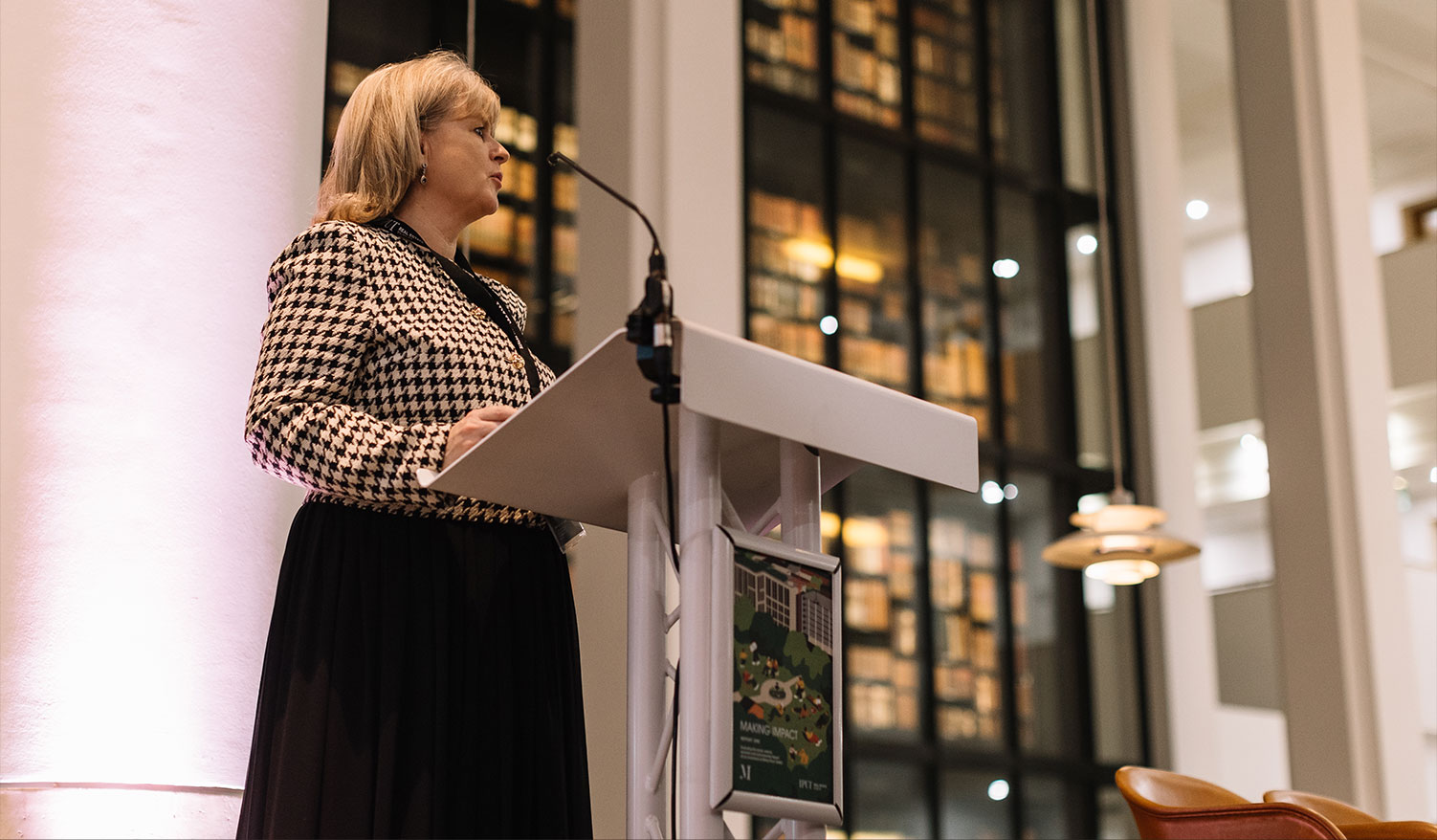Our Thoughts
Social value investment

Many organisations are now looking to move beyond their statutory obligations with an increasing number looking at incorporating social impact considerations into their corporate strategies and operations. Effective altruism is also making its presence felt, with more people now choosing careers based on what has the most positive impact or influence on society.
Social value means different things to different people. For many organisations, it encompasses items such as diversity and inclusion, working conditions, pay, health and safety, human rights, and training for their employees and customers. In the real estate sector, investors and developers must also consider items that impact the people who work and live within the buildings they develop and own as well as the wider communities and cities in which these buildings are located. It stems from a desire to create lasting and meaningful change for people’s quality of life, wellness, and experience.
Many responsible developers and investors, including IPUT, already have a strong social value culture and are attuned to the importance of delivering positive social outcomes for the communities in which they invest. This includes placemaking and investment in the public realm. However, until recently, the concept of ‘social return on investment’ was not one that was measured, articulated, or shared with shareholders or other stakeholders. This is now changing, with social value measurement and reporting becoming more prevalent and in the future likely to become a requirement in some jurisdictions.
Until recently, the concept of ‘social return on investment’ was not one that was measured, articulated, or shared
Although we are not encountering it to any great degree in Ireland yet, the concept of ‘social value’ has become a commonly used term in the UK real estate sector, with many property companies now employing entire social value teams within their organisations. This has mainly occurred because of legislative change following the adoption of the Public Services (Social Value) Act in 2012, which gave UK local authorities and public sector bodies the power to request social value assessments. Because these entities were given leeway to interpret the legislation as they saw fit, there is no uniform approach to enforcing or measuring social value impact. As a result, a myriad of different frameworks and tools have been developed and an entire industry has evolved in the UK around social value measurement.
This concept shaped IPUT’s decision to invest in our ‘Making Impact’ research. The five-year research study, which is being led by specialist firms Hassell, PRD and Gehl, uses our Wilton Park scheme in Dublin – where to date we have implemented significant public realm and placemaking initiatives – as a live case study. Working with the project team, we have devised a bespoke methodology to measure the impact of various social, economic, environmental, and cultural investments. Although we are not legally required to measure the impact of our investment, we are doing this to ensure that our efforts are evidence-based and to demonstrate to our investors that operating in a socially responsible way, delivering societal good for communities and our city, and generating attractive returns are not mutually exclusive.

We believe that our investment in various social, economic, environmental, and cultural initiatives will deliver a positive social dividend over the longer term. We will use our learnings to shape our investments in other schemes and locations. We will also share the findings of our research with the wider real estate industry.
Social value measurement is going to become increasingly topical in the built environment in the years ahead. Whether or not the Irish Government introduces legislation, we can expect to see an increased focus on devising a standardised approach to integrating social elements into developments. Indeed, The World Green Building Council has already launched a framework for how the building and construction sector can address social impact across the entire life cycle (investment, design, construction, operational and end of life phases) in an effort to align the framing of social impact. In the same way that we have seen growing acceptance for green clauses in lease agreements, we can expect to see social value clauses becoming more prevalent in leases in due course.
The era of the ‘S’ has arrived, and the built environment and real estate industry has a significant role to play.



